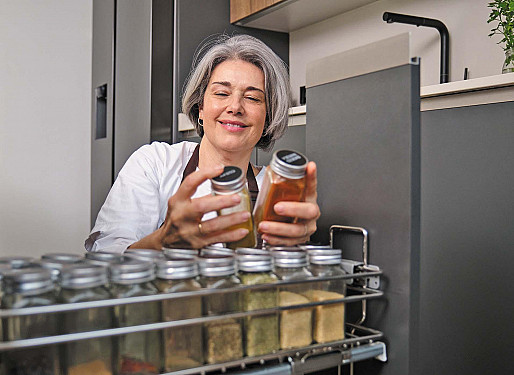Are natural sugar alternatives healthier?

Many people are seeking out what they perceive to be healthier alternatives to refined (granulated) white sugar or high-fructose corn syrup. They may have heard that plant-based natural or organic sweeteners such as agave syrup (sometimes called nectar) or coconut sugar are less likely to trigger spikes in blood sugar. Less-processed "raw" sugars, maple syrup, or honey also may be perceived as better options simply because they are more "natural" than highly refined table sugar.
Popular sugar alternatives do come from things in nature, such as tree sap or beehives. But the sugar in them is the same as what you'll find in a bag of "unnatural," refined white or confectioner's sugar. The same goes for sugars labeled "organic" or "raw." Though less-processed sugars may contain trace elements and minerals that refined white sugar lacks, they still end up as glucose (blood sugar) after the body breaks them down.
In the case of agave syrup, there is a difference in the way the body processes it compared with table sugar. Agave syrup is mostly fructose, which does not directly raise blood sugar (glucose) levels. Instead, the fructose goes to the liver to be converted to glucose.
On the other hand, consuming excess amounts of fructose can cause the liver to start making fat in the form of triglycerides. Chronically high triglycerides raise the risk for diabetes and heart disease.
In the end, the key message is "the dose makes the poison." Whatever type of sugar you use to sweeten your tea or oatmeal, or to cook with, the important thing is to limit the total amount of added sugar in your diet.
For more information about added sugar, check out Reducing Sugar in Your Diet, a Special Health Report from Harvard Medical School.
Images:HandmadePictures/Getty Images
Disclaimer:
As a service to our readers, Harvard Health Publishing provides access to our library of archived content. Please note the date of last review or update on all articles.
No content on this site, regardless of date, should ever be used as a substitute for direct medical advice from your doctor or other qualified clinician.















